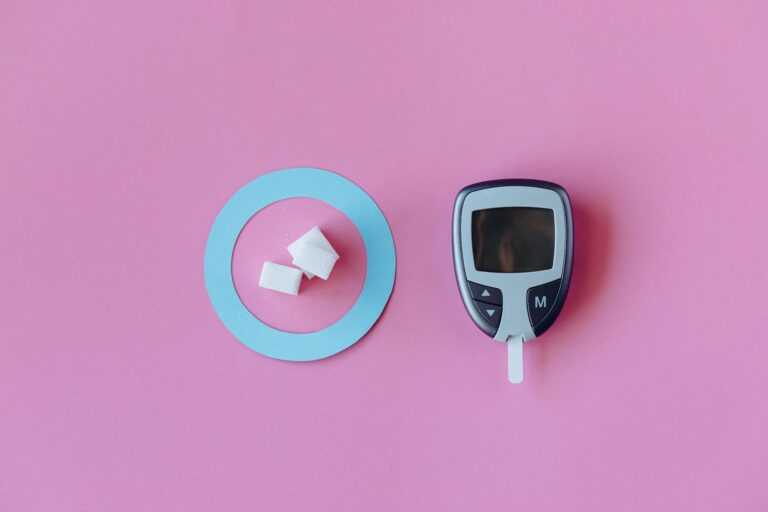Alzheimer’s disease is a progressive neurodegenerative disorder that affects millions of people worldwide. One of the common symptoms of this disease is impaired cognitive function, which can make daily tasks such as personal hygiene challenging for individuals with Alzheimer’s. In particular, washing hands may be difficult for them as they may forget the correct steps or lose their ability to perform the task independently. As a caregiver or a loved one of someone with Alzheimer’s, it is essential to know how to help them with this crucial aspect of personal hygiene. In this article, we will discuss some practical tips on how to help a person with Alzheimer’s wash their hands.
1. Create a Safe and Comfortable Environment
People with Alzheimer’s may have difficulty understanding and adapting to new environments. Therefore, it is crucial to create a safe and comfortable environment for them before attempting to help them wash their hands. Make sure the bathroom is well-lit, clutter-free, and has all the necessary supplies within reach. You can also play soothing music or use scented candles to create a calming atmosphere.
2. Use Simple and Clear Instructions
It is essential to use simple and clear instructions when helping someone with Alzheimer’s wash their hands. Use short and straightforward sentences and avoid using complex words. For example, instead of saying “rub your hands together,” say “wash your hands.” You can also use visual cues such as pictures or gestures to help them understand the steps better.
3. Follow a Step-by-Step Process
Breaking down the task into smaller steps can help make it more manageable for individuals with Alzheimer’s. Start by showing them how to turn on the faucet and allow them to do it themselves if they are capable. Then, guide them through wetting their hands, applying soap, rubbing their hands, and rinsing them thoroughly. It may take some time for them to follow each step correctly, so be patient and give them enough time to understand and perform each step.
4. Use Prompts and Reminders
Individuals with Alzheimer’s may have difficulty remembering things, so using prompts and reminders can be helpful. You can place a colorful sign or sticker with simple instructions near the sink to remind them of the steps. You can also use verbal prompts by repeating the steps out loud or guiding their hands through the motions.
5. Make it a Positive Experience
It is crucial to make handwashing a positive and enjoyable experience for individuals with Alzheimer’s. Praise and encourage them throughout the process, and express your appreciation for their efforts. You can also turn it into a fun activity by singing a song or playing their favorite music while they wash their hands. This positive reinforcement can help them associate handwashing with a pleasant experience, making it easier for them to do it in the future independently.
6. Consider Alternative Methods
If the person with Alzheimer’s is unable to follow the traditional handwashing method, you can consider alternative methods such as using pre-moistened wipes or hand sanitizers. These options can be more manageable for them to use and still maintain proper hand hygiene.
7. Be Prepared for Resistance
Individuals with Alzheimer’s may resist or refuse to wash their hands, especially if they do not understand why it is necessary. In such cases, it is essential to be patient and understand their perspective. You can try explaining the importance of handwashing in simple terms or redirecting their attention to an activity they enjoy. If all else fails, do not force them to wash their hands as it may cause distress and worsen their resistance in the future.
In conclusion, helping a person with Alzheimer’s wash their hands can be challenging, but with patience, understanding, and practical tips, it can be made easier. Remember that every individual with Alzheimer’s is unique, and what may work for one person may not work for another. Therefore, it is essential to observe and understand their abilities and limitations and adjust your approach accordingly. With proper assistance and support, individuals with Alzheimer’s can maintain good hand hygiene and reduce the risk of infection.





